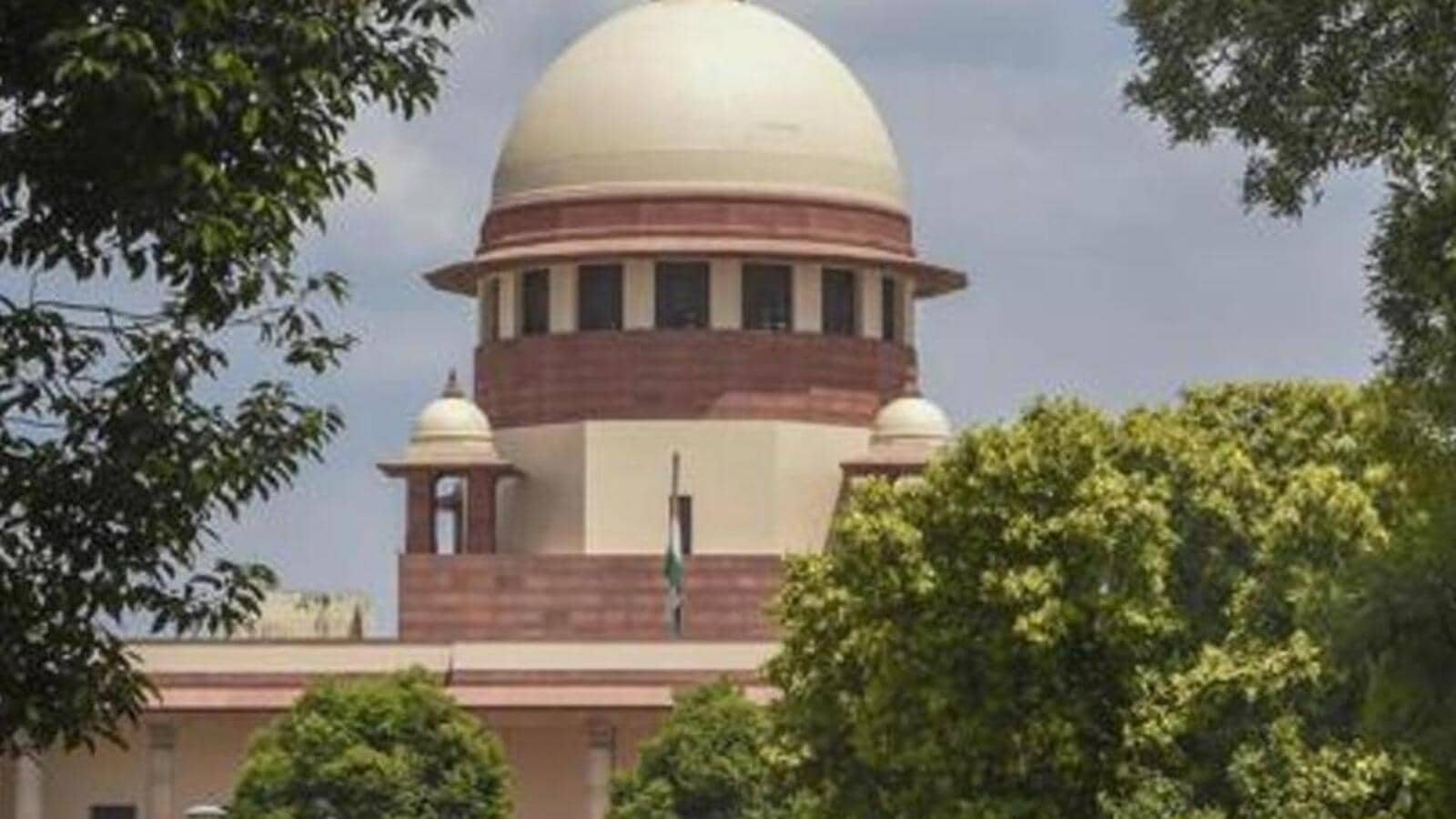 |
|
The Indian government is appealing to the Supreme Court to ensure that its recent landmark ruling on mineral taxation is applied prospectively, meaning it would only impact future transactions, not past ones. This plea stems from a deep concern about the potential for widespread economic disruption and a surge in inflation if the ruling is applied retroactively. The July 25th Supreme Court ruling affirmed the rights of states to impose taxes on minerals and mineral-bearing land in addition to the royalties levied by the central government. This decision could significantly impact the pricing of vital minerals like coal, iron ore, and bauxite, which form the foundation of numerous key industries.
The Solicitor General, Tushar Mehta, has articulated the government's concerns, highlighting the “cascading effect” that increased mineral taxes could have on various sectors. Using the example of coal, a crucial component of India's energy production, Mehta argues that a price hike in coal would inevitably lead to higher electricity costs, impacting both industrial production and household energy bills. He emphasizes that the burden of these increased costs would ultimately fall on ordinary citizens. The government is particularly apprehensive about the financial strain that retrospective application of the judgment could place on public sector units (PSUs) involved in mining and related industries. Preliminary estimates suggest that these PSUs could face an additional burden of up to ₹70,000 crore in state levies, taxes, interest, and penalties. In some cases, these demands could exceed the net worth of the affected companies, posing a serious threat to their continued operation.
To support its plea for prospective application, the government cites several landmark Supreme Court decisions where the doctrine of prospective overruling was applied to prevent unsettling past transactions. One such case, Bharat Aluminium Co Vs Kaiser Aluminium Technical Services (2012), involved the court applying its judgment prospectively, acknowledging the potential chaos that could arise from applying new legal interpretations retroactively. Another relevant case is Golaknath (1967), where the Supreme Court established the doctrine of prospective overruling to ensure justice in cases involving significant legal shifts. The government argues that this doctrine is particularly relevant in tax matters, where retrospective application of new rulings can create substantial uncertainty and impose unexpected liabilities on businesses and consumers alike. They contend that any retrospective change would unfairly burden consumers and disrupt the economic stability that industries and individuals rely upon.
Source: Shield economy, citizens from inflationary shock: Govt in SC on levying mineral tax prospectively
